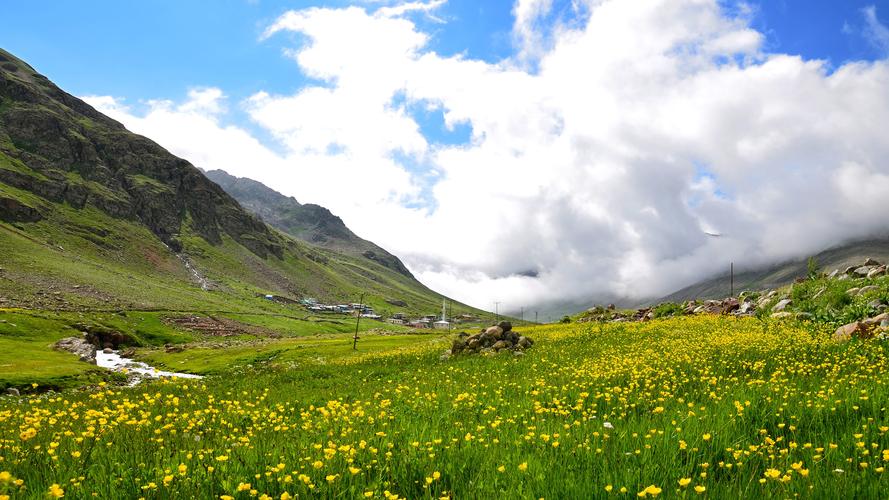Exploring the Boundaries of Informal Presidential Power
In the United States, the President is undoubtedly the most important political figure. As the Head of State and the Government, the President is responsible for enforcing laws and maintaining the country’s national security. However, the President’s powers are not limited to the formal authority granted by the Constitution. In fact, many Presidents over the years have wielded informal powers that have shaped the course of American history.
What is Informal Presidential Power?
Informal presidential power refers to the influence that the President wields outside of the powers explicitly granted to them by the Constitution. This power can take many forms, including executive agreements, executive orders, and the use of social media. The use of informal power by the President is controversial, as it blurs the lines between the executive, legislative, and judicial branches of government.
Executive Orders
One of the most commonly used forms of informal presidential power is the executive order. These orders are issued by the President to direct federal agencies in their enforcement of laws. While executive orders do not have the force of law, they are often used to circumvent the legislative process. Presidents have used them to implement policies on issues ranging from immigration to national security.
Executive Agreements
Another form of informal presidential power is the executive agreement. These agreements are agreements between the President and a foreign government that do not require approval by the Senate. This allows Presidents to bypass the traditional checks and balances of the U.S. government. Executive agreements are often used to make foreign policy decisions, such as entering into trade agreements or negotiating arms control treaties.
Social Media
The rise of social media has given Presidents a new outlet for informal power. Through platforms like Twitter and Facebook, Presidents can communicate directly with the American people and shape public opinion. President Trump, for example, frequently used his Twitter account to make policy announcements and to attack his opponents.
Conclusion
The use of informal presidential power has become increasingly controversial in recent years. While these powers allow Presidents to take swift action without the need for congressional approval, they also risk circumventing the checks and balances of the U.S. government. As the boundaries of informal presidential power continue to shift, it is important to remain vigilant and to hold Presidents accountable for their actions.
(Note: Do you have knowledge or insights to share? Unlock new opportunities and expand your reach by joining our authors team. Click Registration to join us and share your expertise with our readers.)
Speech tips:
Please note that any statements involving politics will not be approved.
